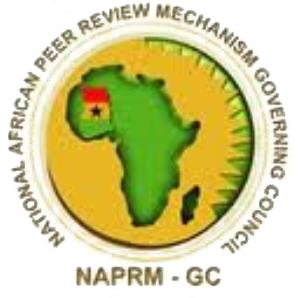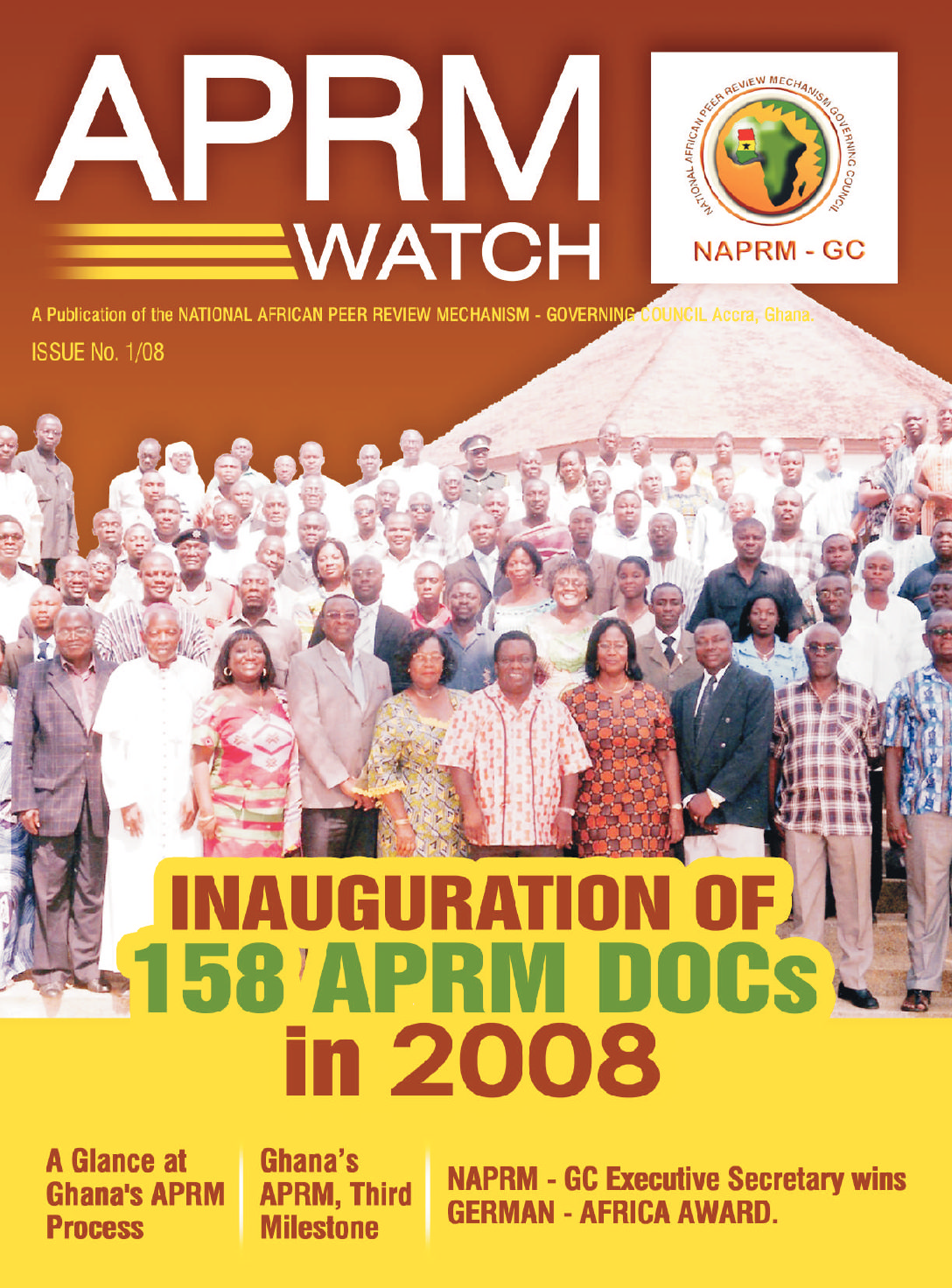The Economic Community of West African States (ECOWAS) held a 3-day Regional Workshop in Accra from the 12-14 August 2009 on the African Peer Review Mechanism (APRM) to facilitate good and accountable governance in Member States and to encourage countries that have not acceded to the APRM to do so.
Member countries from Ghana, Benin, Burkina Faso, Cote d’Ivoire, Liberia, Guinea Bissau. Sierra Leone, Nigeria, Mali, Senegal, Niger, Togo and Cape Verde attended the workshop. They shared experiences in the methodology of operating the APRM process, examined the challenges, prospects and various strategies of the implementation and worked to develop a regional framework of co-operation and co-ordination in order to promote good and effective economic, political, social, corporate and democratic governance in the ECOWAS region.
The Chairman of Ghana’s Peer Review Mechanism Governing Council, Rev. Prof. S.K. Adjepong welcomed member countries, the Diplomatic Corps, international organizations and Development Partners. He said the meeting is historic and strategic and com-mended ECOWAS for teaming up with the NAPRM- GC to initiate this meeting on the APRM. He recounted that six years ago at the NEPAD implementation Committee in Abuja Nigeria, twelve countries signed up for the APRM but now 30 countries representing 75% have signed up and more than 12 countries have been peer reviewed with others at different stages. Rev. Prof Adjepong stressed that the Peer review Process is a bold and courageous attempt to confront leadership challenges and this therefore demands the total commitment of nations.
On behalf of Ghana’s President, Prof. John Atta Mills, Ghana’s Deputy Foreign Minister, H.E. Chris Kpodo reassured the meeting of Ghana’s support and commended ECOWAS for bringing key stakeholders together to emphasize the relevance of the APRM to democracy, durable peace and sustainable development. He said since the 1970s, Africa has been in search of a policy framework to guide the continent to achieve its goals and so the adoption of NEPAD out of which came the flagship programme the African Peer Review Mechanism which seeks total transformation of Africa’s governance system.
Presentations were also made on behalf of the President of the Ecowas Commission, Dr. Mohammed Ibn Chambas who stressed that if countries faithfully implement the APRM Programme of Action, sustain-able peace and development will be the legacy and heritage for a meaningful trans-formation in the lives of Africa’s citizens.
Presentations at the workshop were based among others on the four thematic areas of the APRM. Prof Alex Gboyega, University of Ibadan presented a paper on the Legal/Policy Environments for Operationalizing the APRM process. Evelyn Change of the APRM Secretariat, Midrand, South Africa presented a paper on Revisiting the Procedure and Methodology of the APRM process and Prof. S.K.B. Asante, NAPRM-GC member examined the Uniqueness of Ghana’s Implementation of the APRM Process.
At the end of the workshop the communique issued commended Ghana and Benin for the leading role they have played in the implementation of the APRM process in the ECOWAS sub-region.
Ghana’s introduction and effective use of the District Oversight Committees to strengthen the role of civil society and the grassroots in the governance system was singled out for commendation.
The communique recommended the following critical issues:
- Support for the establishment of a centre of excellence – the West African Centre for the Advancement of the APRM (WACAA) which Ghana, Benin, Togo and Mali are already working on.
- The APRM Secretariat should be more proactive in providing relevant information to States that are yet to accede.
- NGOs and civil society organizations should be encouraged by ECOWAS to lobby governments to accede to the APRM by organizing seminars and workshops on the APRM.
- ECOWAS Parliament in member-states should have Standing Committees on the APRM to report regularly to their parliaments and governments and member-states should ensure adequate funding for the APRM.
- National ownership of the APRM should be promoted.
Participants called on ECOWAS Authority Heads of State and Government to seriously institute measures to discourage the practice where some countries retreat from democracy and good governance by manipulating constitutions and other laid-down rules to extend their tenure of office or obstruct others from contesting.

 newsletter-compressed
newsletter-compressed